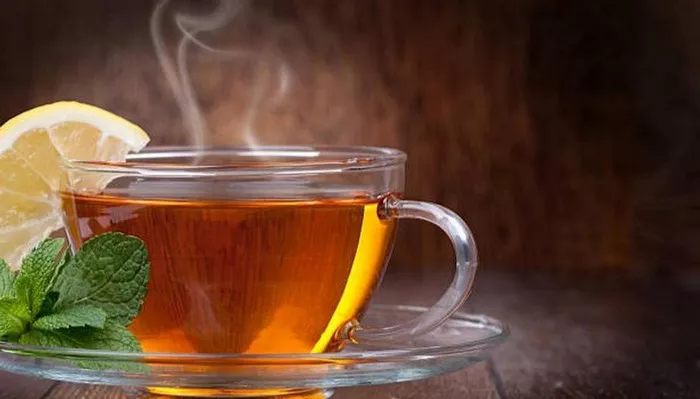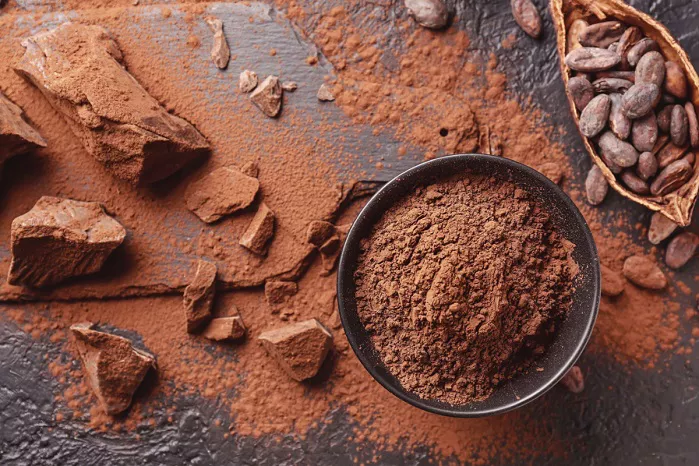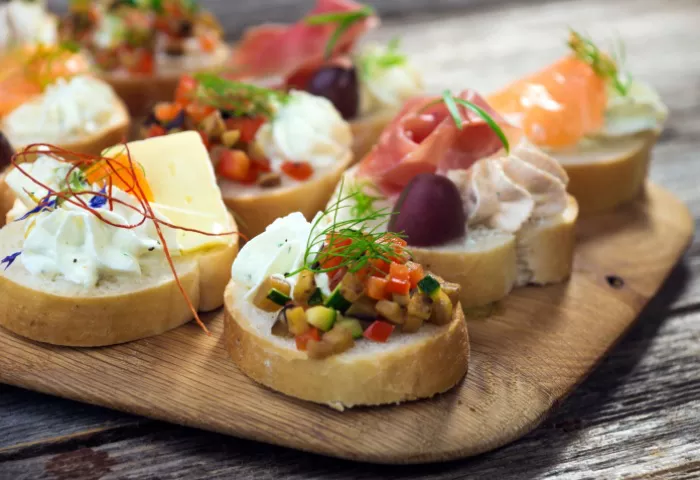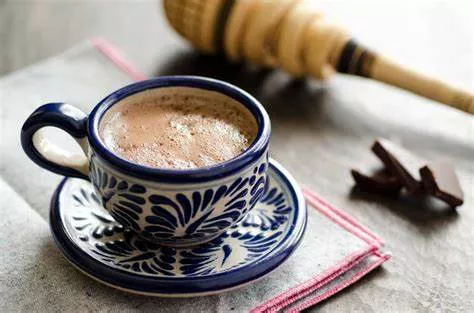Tea Culture, a nuanced and rich tapestry woven over centuries, transcends borders and embraces diverse traditions, customs, and rituals. In this comprehensive exploration, we delve into the heart of Tea Culture, unraveling its intricacies and significance. From ancient ceremonies to modern trends, understanding the essentials of Tea Culture provides a deeper appreciation for the beverage that has become more than just a drink but a way of life.
6 Essential Knowledge About Tea Culture
Origins of Tea Culture: A Journey Through Time
Tea Culture traces its origins to ancient China, where the mythical Emperor Shen Nong discovered tea in 2737 BCE. Initially used for medicinal purposes, tea gradually evolved into a beverage consumed for pleasure and spiritual enlightenment. The concept of Tea Culture expanded during the Tang and Song dynasties, paving the way for traditional tea ceremonies and rituals. As tea spread to neighboring countries like Japan and Korea, distinct tea cultures emerged, each infused with local customs and aesthetics. Today, the roots of Tea Culture remain deeply embedded in the reverence for tea as a symbol of harmony, mindfulness, and connection.
The Art of Brewing: A Symphony in a Teapot
Tea Culture is intricately linked to the art of brewing, where the process becomes a ritualistic and mindful practice. Different tea varieties, from green and black to oolong and white, require specific water temperatures, steeping times, and brewing vessels. The traditional Chinese Gongfu Cha and the Japanese Chanoyu exemplify the meticulous and artistic approach to brewing tea. The water, teaware, and even the gesture of pouring become integral parts of this symphony. Embracing the art of brewing is not merely about making tea; it’s about cultivating an appreciation for the subtleties and nuances that each cup holds, making the act of brewing an integral aspect of Tea Culture.
Tea and Spirituality: A Meditative Journey
Tea Culture extends beyond the realms of the physical and ventures into the spiritual. In many cultures, tea is regarded as a medium for meditation and mindfulness. The Japanese tea ceremony, known as Chanoyu or Sadō, embodies this philosophy, emphasizing harmony, respect, purity, and tranquility. The act of preparing and sipping tea becomes a meditative journey, fostering a connection between the individual and the present moment. The calming properties of tea, combined with the deliberate and unhurried pace of the tea ceremony, create a sacred space for contemplation and self-reflection, elevating tea to a spiritual experience within the broader context of Tea Culture.
Globalization of Tea: A Fusion of Traditions
Tea Culture has undergone a transformative journey, transcending geographical boundaries and assimilating into diverse global traditions. From the British afternoon tea tradition to the Indian chai culture, tea has become a unifying thread that weaves together unique customs and rituals. The globalization of tea has also given rise to innovative fusions, such as matcha lattes and bubble tea, which blend traditional flavors with contemporary preferences. This cross-cultural exchange not only broadens the spectrum of tea experiences but also highlights the adaptability of Tea Culture to different lifestyles and tastes, reflecting a dynamic and evolving landscape.
Health Benefits of Tea: Nourishment for the Body and Soul
Tea Culture is inherently linked to the health benefits attributed to this ancient beverage. Across cultures, tea is celebrated for its antioxidant properties, promoting heart health, and boosting the immune system. Green tea, in particular, is revered for its potential in aiding weight management and reducing the risk of chronic diseases. Herbal teas, such as chamomile and peppermint, offer soothing properties that contribute to relaxation and digestion. The holistic approach of Tea Culture recognizes that tea not only nourishes the body but also provides moments of respite, contributing to overall well-being and a balanced lifestyle.
Sustainability and Ethics in Tea Production
Tea Culture extends beyond the teapot and encompasses the entire journey of tea production, from plantation to cup. In recent years, there has been a growing emphasis on sustainability and ethical practices within the tea industry. Fairtrade certifications, organic farming methods, and eco-friendly packaging are becoming integral components of Tea Culture. This shift reflects a collective awareness of the environmental and social impact of tea production. As consumers become more conscientious, Tea Culture adapts to align with values that prioritize the well-being of both the planet and the communities involved in tea cultivation, ensuring a sustainable legacy for future generations.
Conclusion:
Tea Culture, with its roots deeply embedded in ancient traditions, continues to flourish as a dynamic and evolving phenomenon. Understanding the essential aspects of Tea Culture provides a gateway to appreciating the beverage not merely as a drink but as a profound cultural experience. From the meticulous art of brewing to the spiritual journey facilitated by tea ceremonies, from the global fusion of traditions to the nourishing health benefits and the imperative shift towards sustainability – Tea Culture encapsulates a myriad of dimensions.



























